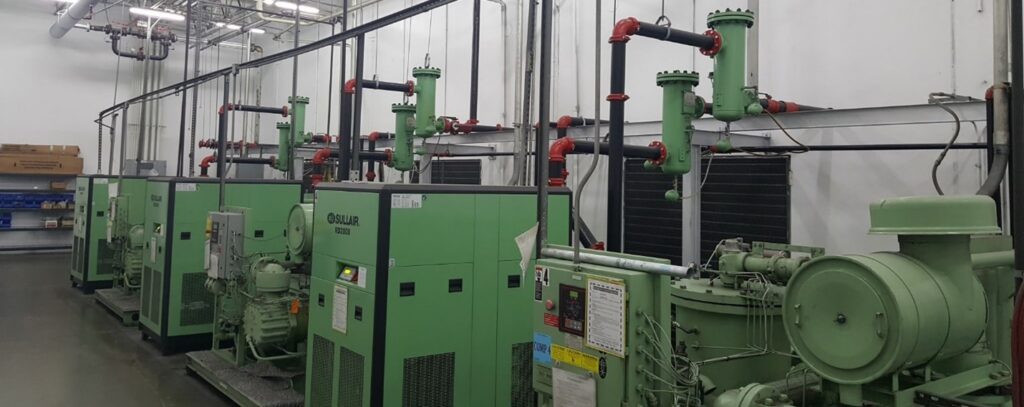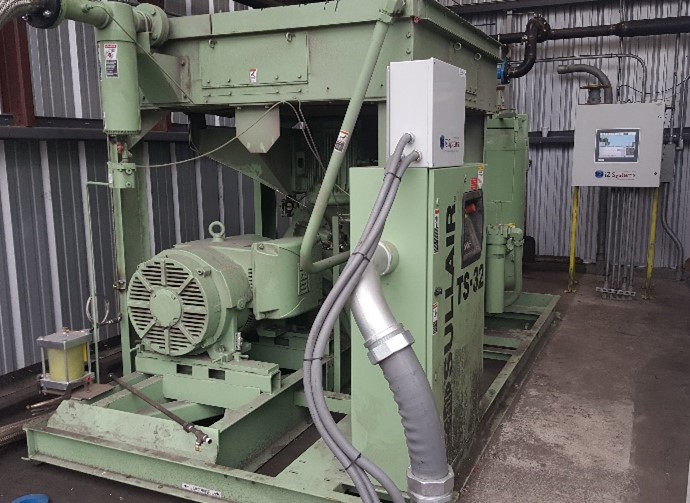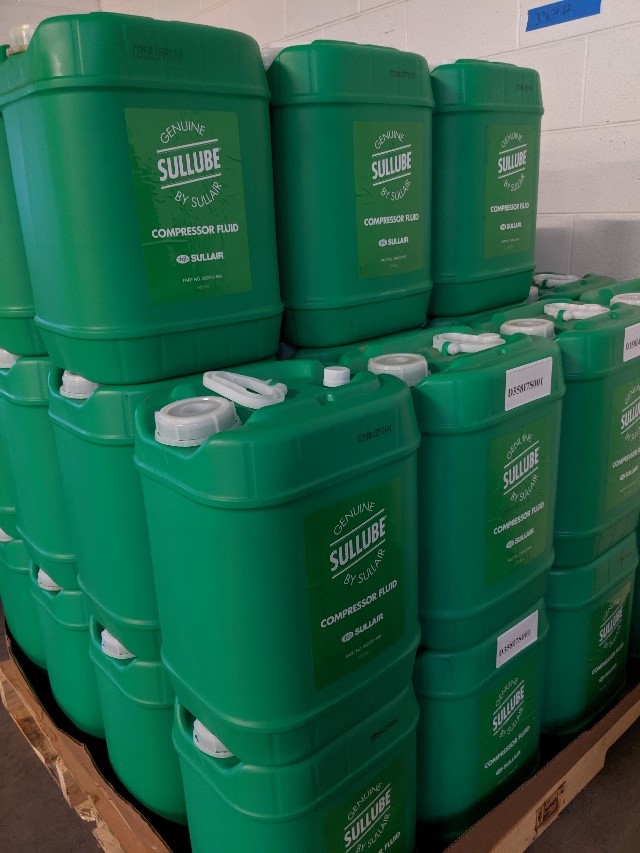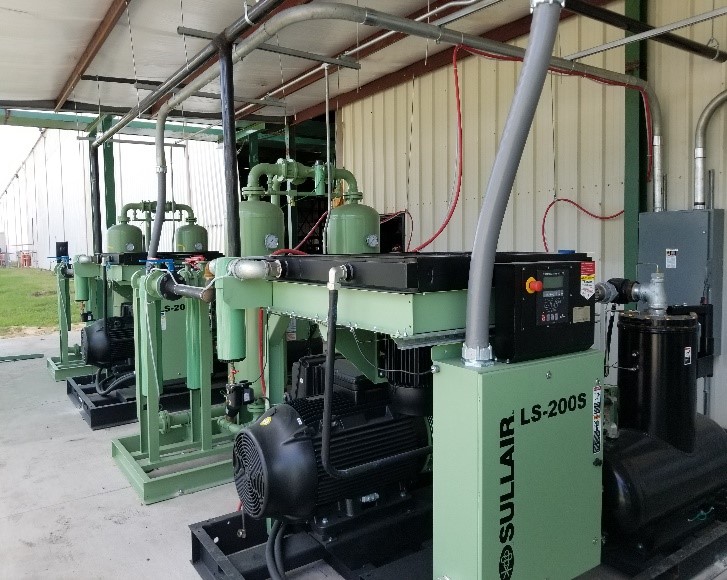
Did you know that 10% of a facility’s electric bill costs are associated with operating their compressed air system?
For a lot of you, the answer from personal experience is a resounding “YES!”.
So, we’ve gathered advice from our professionals at Blake & Pendleton to offer you the best energy-savvy, money-saving tips that will add up over time.
After all, with a percentage that big, small changes can make a huge difference!
Maintenance is worth it
To maximize the efficiency of your system, don’t cut corners in the maintenance department. Along with your regular maintenance checks from our professionals at Blake & Pendleton, get in a routine of doing the following:
 Daily:
Daily:
- Check drains
Weekly:
- Clean compressor coolers
- Make sure dryer condenser is clean
Quarterly:
- Make sure in-line filters are not clogged
- Sample compressor lubricant
Keeping up with these simple check offs will not only help your system last longer, but it will help you spot potential issues before they become major slowdowns.
Don’t skimp on the important stuff
 Lubricants and oil-water separators directly affect the life and quality of your compressed air system. To keep your facility operating at maximum efficiency, you need to make quality a priority.
Lubricants and oil-water separators directly affect the life and quality of your compressed air system. To keep your facility operating at maximum efficiency, you need to make quality a priority.
Lubricants
Your compressed air lubricant carries a hefty burden. It filters contaminants, lubricates the bearings, and absorbs the heat of compression along with many other unseen jobs.
Your choice in lubricant can make or break your compressor efficiency over time and even influence how soon you’ll have to replace your compressor system.
That’s why choosing your lubricant wisely packs a major punch in optimizing your compressed air system.
Oil-water separators
Oil-water separators can benefit the environment, but they also affect your compressor efficiency.
Working hand-in-hand with your lubricant, oil-water separators continue the trend of purifying your process from things that can negatively influence your production quality and clog up your compressor.
Environment matters
Assess the environment that your compressor is exposed to. Is it an indoor unit, or an outdoor unit?
Whether you have an indoor or outdoor unit, here are some steps you can take to optimize your compressor system:
 Keep the coolers clean
Keep the coolers clean- Keep the drains working
- Automate the compressors if you have multiple machines
- Keep service up-to-date
- Make sure machine controller is protected from direct sunlight (or rain, sleet, or snow)
- Make sure the inlet valve is working properly
- If your unit shuts down at night, make sure to put heat tracing or heat lamps to keep the controls & drains from freezing
Safest bet
A compressed air audit will ensure that you’re getting the best bang for your buck. An audit can identify specific areas that are costing you in efficiency and help you make a plan to address them – all with your budget in mind.
Energy loss sucks in the short term and can cost you tens of thousands of dollars in the long term. But there are things that you can do to minimize your loss and maximize your efficiency.
If you aren’t sure where to start and need help making a plan of action, call our team of experts at Blake & Pendleton!
